It’s a midterm election year, and both parties are looking for support wherever they can find it.
On one hand, the Republicans seek to maintain their majority in Congress and even make up some ground. With a little more than two years left of Trump’s presidency, there’s still a long to-do list.
Meanwhile, Democrats are eager to gain a foothold in Congress in an attempt to challenge the president in a much stronger way during the rest of his term.
The latest Reuters/Ipsos national opinion poll should cause some concern for the minority opposition. They require some young blood to make this and future elections a victory for them. According to these poll results, they are losing ground with none other than Millennials.
The online survey of more than 16,000 registered voters ages 18 to 34 shows their support for Democrats over Republicans for Congress slipped by about 9 percentage points over the past two years, to 46 percent overall.
And Millennials are worried about the country’s financial future.
…they increasingly say the Republican Party is a better steward of the economy.
While the vast majority of Millennials don’t have a love for President Trump and his party, they remain unsupportive of Democrats.
Although nearly two of three young voters polled said they do not like Republican President Donald Trump, their distaste for him does not necessarily extend to all Republicans or translate directly into votes for Democratic congressional candidates.
I’m an ex-GOPer who wanders around the political landscape as an independent conservative. While I barely qualify as the most elderly of Millennials (having been born in 1982), I can relate to being frustrated with members of both parties.
My deep concerns with then-candidate Trump during the 2016 presidential election cycle were never going to push me into the ideological arms of the Democrats, who don’t share my love for small government, national defense, and protection of unborn life, to name a few. Conversely, I took serious enough issue with Republicans who breathlessly supported a highly questionable individual for the GOP nomination to keep my support from them, too. I went third party on November 8, 2016.
And it would appear that I’m not alone.
Young voters represent an opportunity and a risk for both parties, said Donald Green, a political science professor at Columbia University in New York City.
“They’re not as wedded to one party,” Green said. “They’re easier to convince than, say, your 50- or 60-year-olds who don’t really change their minds very often.”
A growing share of voters between ages 18 and 34 years old said they were undecided, would support a third-party candidate or not vote at all.
Discontentment with established political parties still representing the majority of Americans is growing among Millennials. Like it or not, these individuals are the actual future of the country.
While it remains to be seen just how their frustration will impact the midterm elections, it’s clear that nothing should be assumed.
The views expressed here are those of the author and do not represent those of any other individual or entity. Follow Kimberly Ross on Twitter: @southernkeeks.

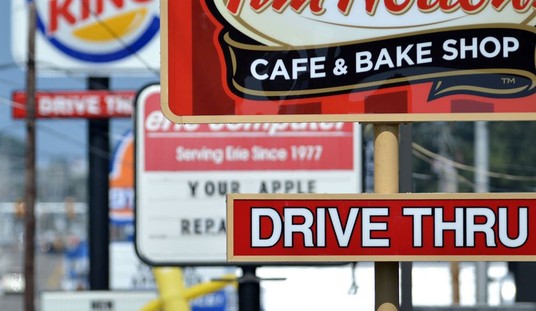
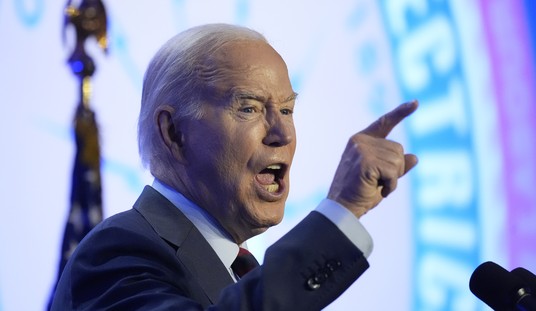
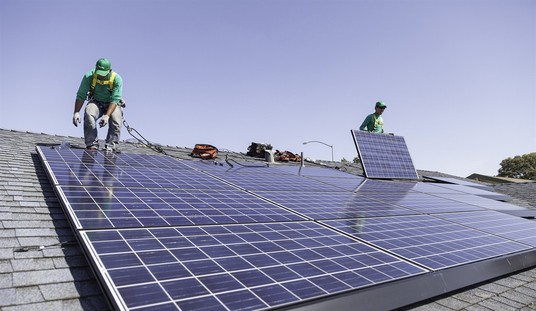
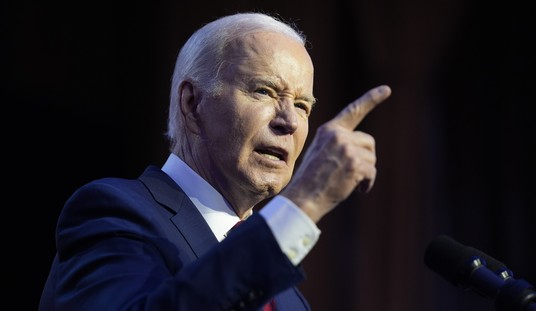
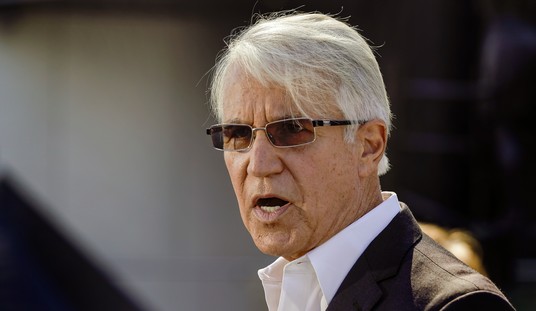



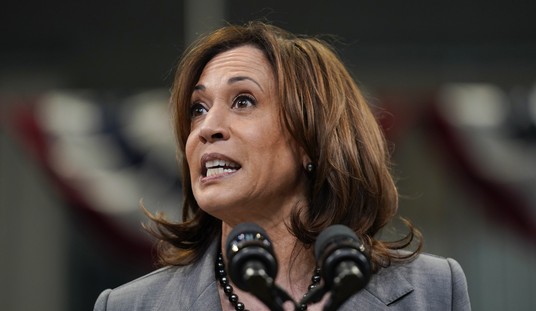


Join the conversation as a VIP Member